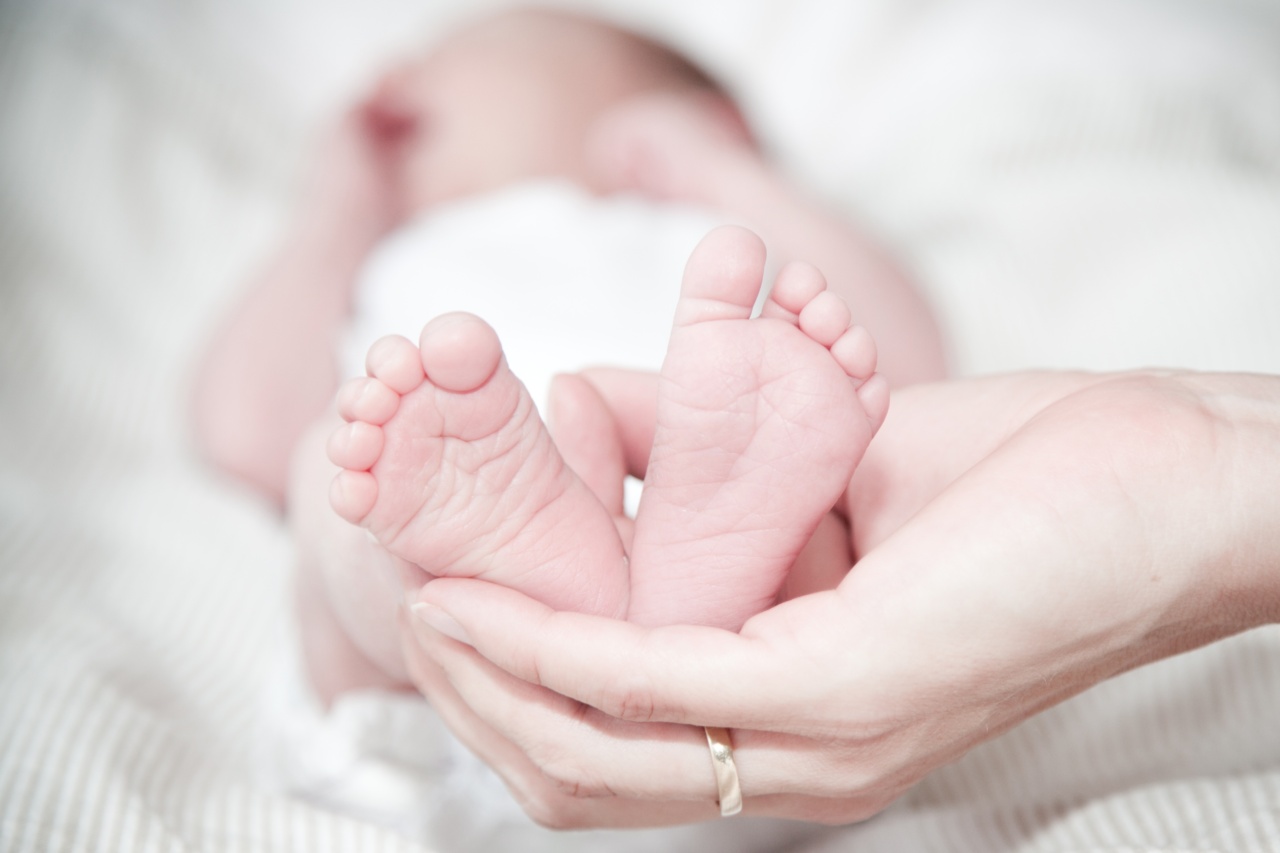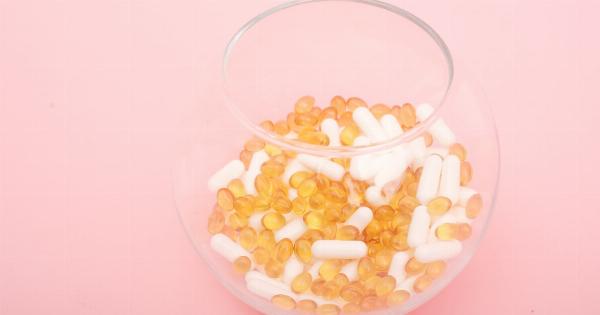Giving birth to a child is one of the most incredible and transformative experiences in a woman’s life. From the moment labor begins to the precious moment of delivery, a woman goes through an intense physical and emotional journey.
However, it’s important to remember that the journey doesn’t end there. In fact, life after giving birth brings forth a whole new set of challenges, joys, and adjustments that every new mother must navigate.
In this article, we will explore what life looks like after giving birth and how to navigate this exciting yet sometimes overwhelming phase.
The Postpartum Period: The First Few Hours
After the delivery of a baby, the postpartum period begins. This phase immediately follows labor and birth and can last anywhere from a few weeks to a few months.
During the first few hours, a woman may experience a range of emotions, from overwhelming joy and relief to exhaustion and uncertainty. It is important for mothers to rest and recover during this time as their bodies have undergone significant changes. Medical professionals will closely monitor the mother and baby, ensuring their health is stable and providing any necessary care.
The Physical Recovery
Physically, the body goes through numerous changes after giving birth. The uterus begins to shrink back to its pre-pregnancy size, which may cause cramping and discomfort referred to as afterbirth pains.
It is also normal to experience vaginal discharge known as lochia, which consists of blood, tissue, and mucus from the healing uterus. For some mothers, postpartum bleeding can last up to six weeks.
C-section deliveries, although common, require additional recovery time and care. The incision site needs to heal, and restricted movement may be necessary in the initial days.
Mothers who have undergone a c-section may take longer to regain their energy and physical strength compared to those who had a vaginal birth.
The Emotional Roller Coaster
The postpartum period is often accompanied by a roller coaster of emotions. It is not uncommon for new mothers to experience a mix of joy, happiness, anxiety, and even sadness in the weeks following birth.
Hormonal changes, sleep deprivation, and adjusting to the new responsibilities of caring for a newborn can contribute to these emotional fluctuations.
Postpartum depression (PPD) is a more severe form of emotional distress that affects some new mothers. It requires professional help and should not be ignored or dismissed.
PPD can manifest as feelings of extreme sadness, withdrawal from loved ones, difficulty bonding with the baby, and a loss of interest in previously enjoyed activities. It is crucial to seek support and treatment if PPD symptoms arise.
Newborn Care and Adjustments
Life after giving birth is centered around caring for the newborn and adjusting to the demands of motherhood. Sleepless nights, constant feeding, and diaper changes become the new normal.
Establishing a routine that works for both the newborn and the mother is essential in creating stability and balance.
Feeding the baby, either through breastfeeding or bottle-feeding, plays a significant role in a newborn’s growth and development. Many new mothers face challenges in breastfeeding, from latching issues to low milk supply.
Seeking guidance from lactation consultants or attending support groups can help overcome these obstacles and ensure the baby receives the vital nutrients they need.
Support and Self-Care
The postpartum period can leave new mothers feeling overwhelmed and exhausted. It is crucial to seek support from partners, family, and friends during this time.
Having a strong support system can provide emotional reassurance and practical help with household chores or taking care of the newborn, allowing the mother to rest and recover.
Self-care is equally important in the postpartum journey. Mothers must prioritize their own well-being by getting enough rest, eating nutritious meals, and engaging in activities that bring them joy and relaxation.
Taking some time for self-care not only benefits the mother but also allows her to show up as the best version of herself for her baby.
Bonding with the Baby
Building a strong bond with the newborn is a crucial aspect of early motherhood. Skin-to-skin contact, gentle touch, and talking to the baby are essential for fostering attachment.
Engaging in activities such as singing lullabies, reading books, and baby massage promote bonding and create a nurturing environment for the baby’s development.
It’s important to remember that bonding takes time and is a unique experience for each mother-baby pair. Being patient and allowing the connection to grow naturally is key.
Embracing the Challenges and Celebrating Milestones
Life after giving birth is filled with challenges and milestones worth celebrating. As the days turn into weeks and months, new mothers gradually adapt to the demands of motherhood.
They learn to decipher their baby’s cries, develop an instinctual understanding of their needs, and become more confident in their abilities as a caregiver.
Each milestone, from the baby’s first smile to their first steps, brings a sense of fulfillment and pride.
However, it is essential to remember that every child develops at their own pace, and comparing them to others can create unnecessary stress for both the mother and the baby.
Seeking Professional Help
If at any point during the postpartum period a new mother feels overwhelmed, anxious, or unable to cope, seeking professional help is vital.
Many healthcare providers offer support services such as postpartum check-ups, counseling, and mental health screenings. Discussing concerns and emotions with a professional can provide guidance and ensure the mother receives the help she needs.
Conclusion
From the incredible journey of labor and delivery to the challenges and rewards of life after giving birth, the postpartum period is a time of immense change.
It is crucial for new mothers to prioritize their physical and emotional well-being, seek support from loved ones, and reach out for professional help when needed. Remember, every new mother’s experience is unique, and embracing the journey with all its ups and downs is a remarkable part of becoming a mother.





























